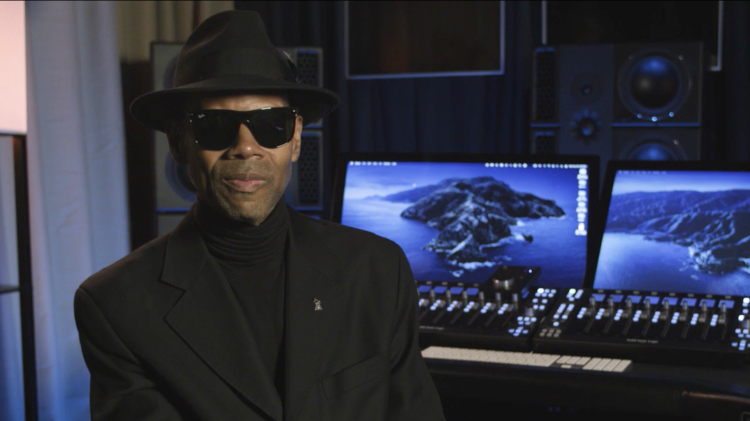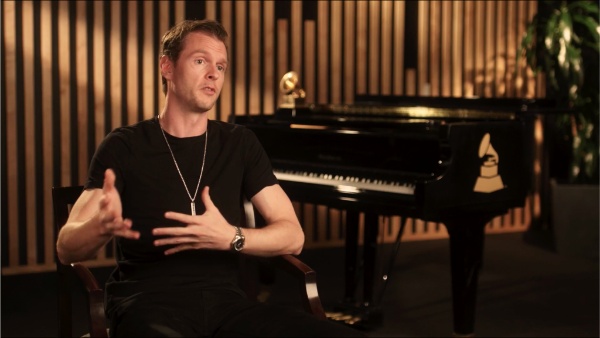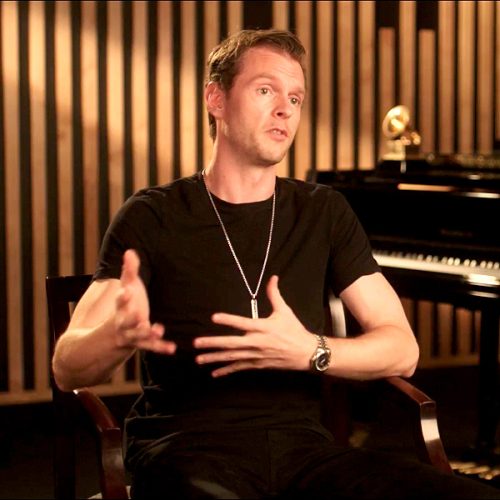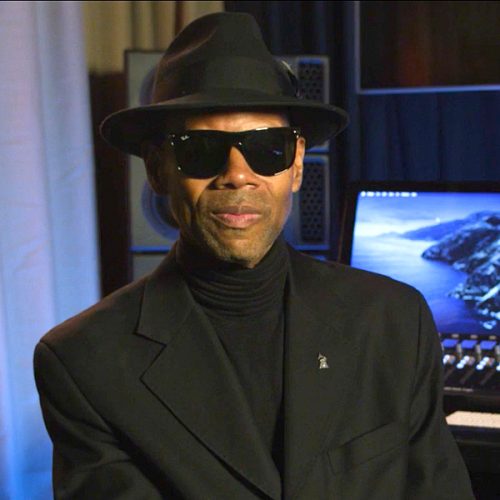Overview
Becoming a Stage Manager in the Music Industry: Your Roadmap to Rock ‘n’ Roll Success
A.K.A.

Ever dreamt of being at the heart of a pulsating concert, the silent force orchestrating a flawless performance? As a stage manager in the music industry, you’re not just behind the scenes; you’re the backbone of the show. You’ll cue artists, wrangle gear, and manage the controlled chaos that makes live music electrifying.
Discover GRAMMY GO courses exclusively on Coursera
This isn’t theater; it’s a whole different beast. So, if you’re ready to dive into a world where decibels meet deadlines, and improvisation is key, let’s explore what it takes to become a music industry stage manager.
What Sets Music Stage Management Apart?
While theatrical stage management shares similarities, the music world demands a unique skill set:
- Live Sound Expertise: You’re the crucial link between the sound engineer and the band. You’ll troubleshoot feedback issues, adjust monitor mixes based on artist preferences, and ensure the audience enjoys a crystal-clear performance. It’s about translating the artist’s vision into reality through sound.
- Gear Guru: From drum kits and guitar amps to pyrotechnics and LED walls, you’re responsible for the safe setup, breakdown, and maintenance of all equipment. A knack for quick fixes is essential – a broken guitar string or a malfunctioning fog machine can’t derail the show.
- Artist Wrangler: Musicians have their quirks and needs. It’s your job to keep them happy, hydrated, and on schedule, while also managing any on-stage surprises. This might involve handling wardrobe malfunctions discreetly, accommodating last-minute song changes, or even dealing with an unexpected guest appearance. You’ll need a knack for diplomacy, building rapport, and staying calm under pressure.
- Adaptability on Overdrive: In live music, anything can happen. Power outages, equipment malfunctions, inclement weather, even impromptu encores – you need to be ready for it all. Keeping a cool head and making split-second decisions is essential. The show must go on, and you’re the one to make it happen.
Your Stage Management Toolkit: Essential Skills & Certifications
To thrive in this fast-paced environment, you’ll need a blend of hard and soft skills:
Technical Chops:
- Soundboard Savvy: Understanding signal flow, mixing basics, and troubleshooting common audio issues like feedback or microphone problems.
- Lighting Know-How: Grasping lighting cues, DMX control, and safety protocols ensures a visually stunning and safe show.
- Rigging Awareness: Knowledge of rigging safety and basic practices is crucial for overseeing set construction, lighting placement, and other elements that hang above the stage.
- Instrument Familiarity: Knowing the basics of various instruments helps you anticipate needs, troubleshoot issues, and communicate effectively with musicians.
Organizational Prowess:
- Master Scheduler: Creating and maintaining detailed schedules for rehearsals, load-in, soundcheck, and performance. This includes coordinating with the venue, artists, crew, and any other relevant parties.
- Logistics Expert: Coordinating the movement of equipment, crew, and artists, often across multiple venues and even countries. This involves managing transportation, accommodation, and ensuring everything arrives on time and in good condition.
Communication Ace:
- Clear and Concise: Providing instructions to crew members, artists, and venue staff in a way that’s easily understood, even in high-pressure situations.
- Diplomacy: Mediating conflicts, addressing concerns, and maintaining a positive atmosphere, even when things get stressful.
Problem-Solving Ninja:
- Think Fast: Quickly identifying and resolving technical issues, logistical hiccups, and unexpected challenges. This requires a combination of technical knowledge, resourcefulness, and the ability to stay calm under pressure.
- Resourceful: Finding creative solutions when resources are limited or time is tight. Sometimes you’ll need to improvise and think outside the box to keep the show running smoothly.
Qualifications & Experience: Building Your Stage Presence
While formal education isn’t required, a background in music production, theater management, or a related field can be beneficial. Certifications from organizations like the Stage Managers’ Association (SMA) or the Event Safety Alliance (ESA) can enhance your credibility.
Beyond certifications, essential skills include meticulous attention to detail, adaptability, time management, problem-solving, and technical proficiency in areas like sound and lighting.
To gain experience:
- Start Local: Volunteer at small venues, music festivals, or community events. This is a great way to get hands-on experience and build your network.
- Intern or Apprentice: Shadow experienced stage managers on tours or at larger venues. This allows you to learn from the best and see how things work in a professional setting.
- Network: Connect with other industry professionals at conferences, workshops, and online forums. Building relationships is key in this industry.
The GRAMMY Connection: Stage Managers Elevating Performances
The GRAMMY Awards celebrate musical excellence, and behind every electrifying performance is a team of unsung heroes: stage managers. While not directly recognized with a GRAMMY award, their expertise is integral to the success of GRAMMY-winning artists and productions.
Reputable stage managers like LeRoy Bennett, known for his innovative stage designs for artists like Lady Gaga, Nine Inch Nails, and Prince, have elevated live music experiences, pushing the boundaries of what’s possible on stage. Other stage managers, such as Misty Buckley, who has worked with Coldplay and Muse, bring creative vision and technical expertise to their productions, resulting in unforgettable concert experiences.
The Encore: Your Stage Management Career
The music industry is a whirlwind of energy and excitement, and as a stage manager, you’ll be right in the middle of it all. From intimate club gigs to stadium tours, the possibilities are endless. If you’re passionate about music, thrive in fast-paced environments, love the thrill of bringing a live show to life, and enjoy problem-solving on the fly, a career in music stage management might be your perfect stage.
$57.55K
AVG

Salary Expectations
While salaries vary depending on experience, location, and the scale of productions, a music stage manager can typically earn between $35,000 and $75,000 annually. With experience and a strong reputation, you can command higher rates and work on larger tours and events. The rewards extend beyond financial compensation – you’ll have the opportunity to travel, meet incredible people, and contribute to the magic of live music.



















